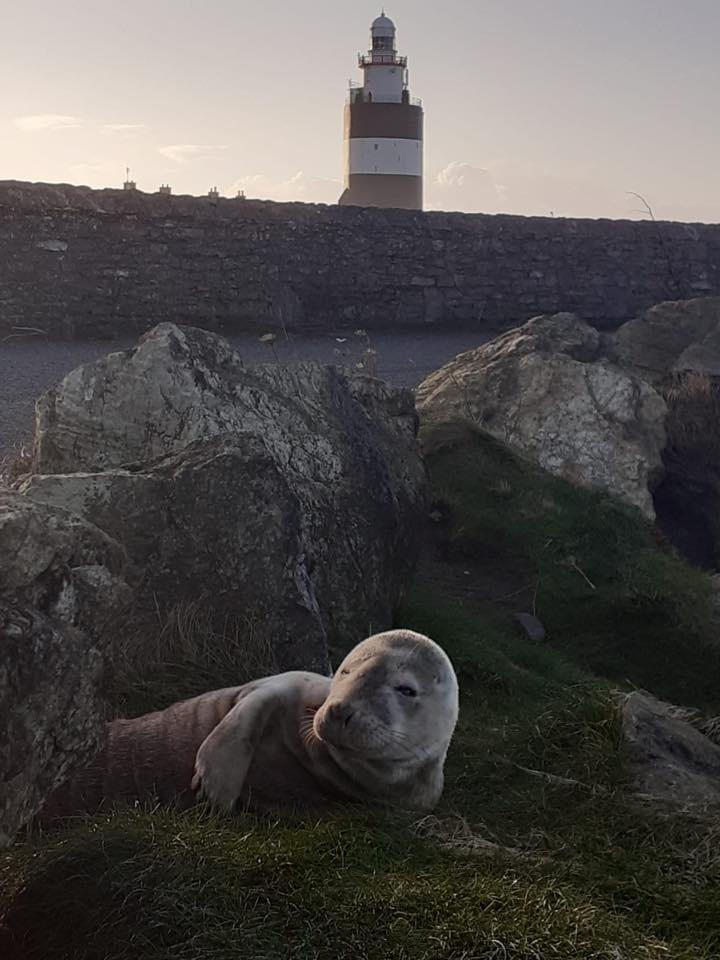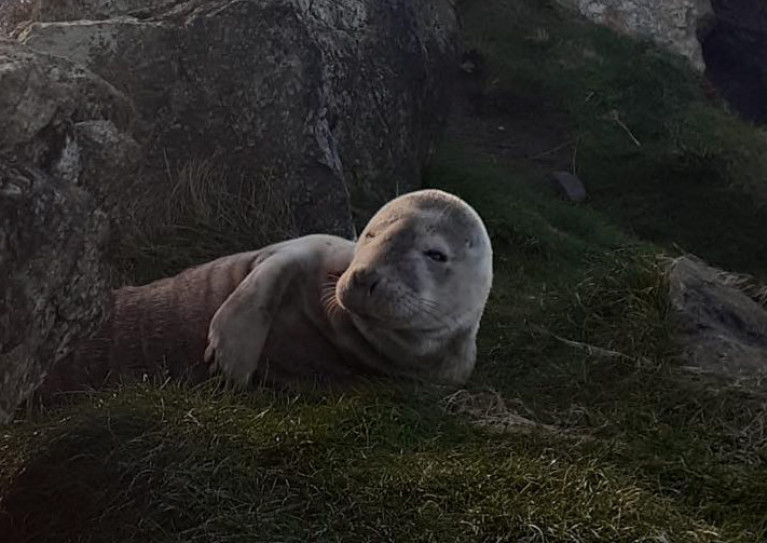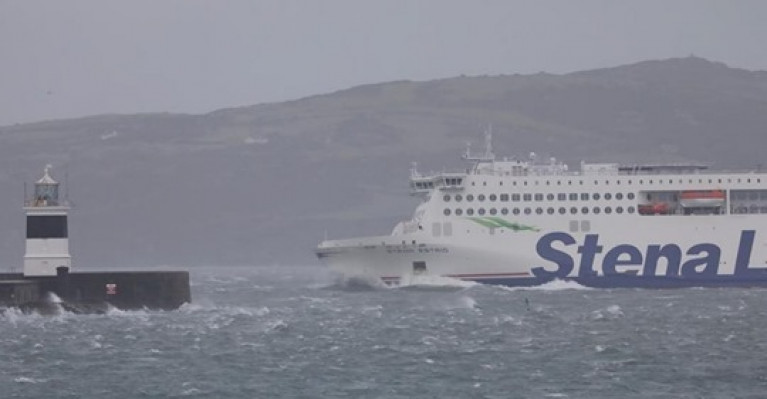Displaying items by tag: Storm Brendan
Hook Lighthouse Staff Fall For Grey Seal Pup Now In Care Of Sanctuary
Courtown’s sanctuary for rescued seals has something of a ‘local celebrity’ among its number, as the Irish Mirror reports.
Bottlebrush — one of 10 young seals recovered during Storm Brendan that are currently in the care of Seal Rescue Ireland — won the hearts of Hook Lighthouse staff who discovered the pup next to the iconic light a week ago.
It’s thought that Bottlebrush became separated from his mother during last week’s stormy conditions, and was found in poorly condition — suffering from congestion and a “deep painful cough”, according to Seal Rescue Ireland’s Sam Brittain.

Along with three other new patients at the marine wildlife sanctuary, grey seal Bottlebrush has been named after Australian flora to raise awareness of efforts to help Australians affected by the recent bushfires.
While not very story at Seal Rescue Ireland is a happy one, as the centre recently lost little Heath who was suffering from a severe abscess on his shoulder, one with a more positive turn as of late is Cloudberry — the Arctic ringed seal found earlier this month in Co Kerry.
It’s still not known how the pup wound up hundreds of miles south of her home region, but it’s suspected that record high temperatures in northern Russia this winter have been forcing female Arctic seals to seek shelter in unusual spots.
The newest Stena Line ferry is expected to begin sailing the Dublin to Holyhead route on the Irish Sea today.
The 215m (705ft) Stena Estrid, writes Independent.ie, is described as "one of the most advanced vessels in operation", with space to carry 120 cars and 1,000 passengers.
The ship's official maiden voyage, a 8.55am sailing from Holyhead to Dublin, has been delayed due to adverse weather coinciding with Storm Brendan, but a 2.50pm departure from Dublin remains on schedule as we publish.
For more click the newspaper here in addition to Welsh coverage from the NorthWalesLive.
In an update, Afloat adds that the corresponding sailing from the Irish capital has been delayed this afternoon. According to the Stena Line website, the 'new generation' ropax ferry has been delayed approximately by an hour due adverse weather conditions.































































